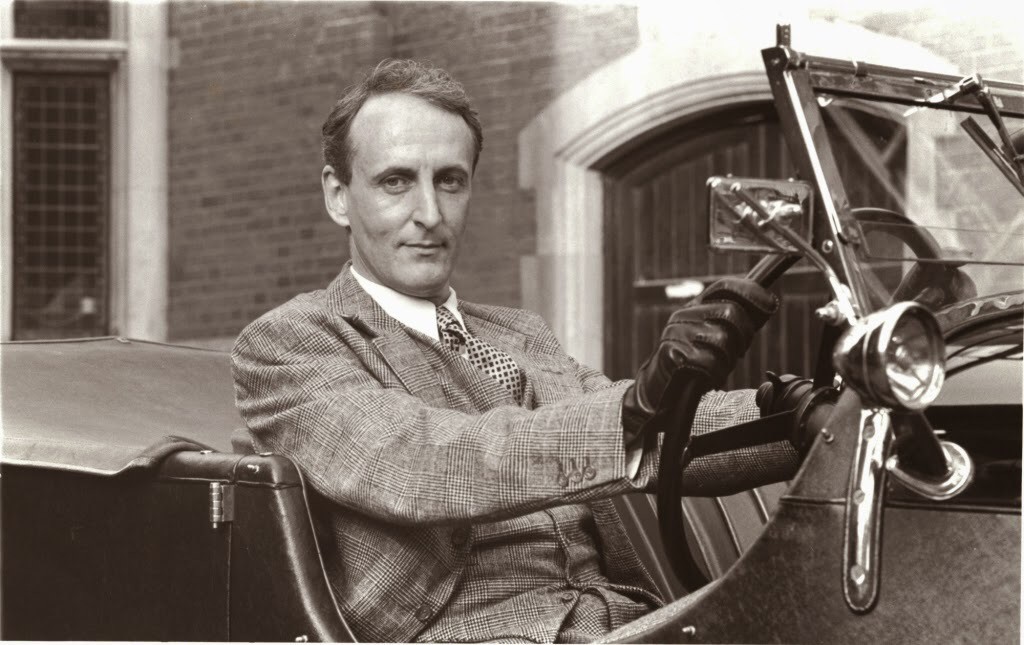Since we pretty much are at the end of the world, it might be time to decide what roles we want to play in the last few deals of the cards.
Hercule Poirot was Agatha Christies’s most eccentric creation. The anti-Holmes if you will. A plump Belgian with a Mr. Potato Head mustache and a sidekick who made Holmes’s Watson look like a nuclear physicist. Captain Hastings.
But Hastings had his points. Invariably good natured, so well born that he never took offense at the Belgian’s condescension, and, here’s the key point, actually better dressed. Poirot was always overdressed. Hastings had that just threw-on these Savile Row rags look that made all the difference. Tie a bit askew, but everything else a triumph of English tailoring. And he had the hero thing down to a tee if you could only get his attention long enough.
He was the forerunner of Nero Wolfe’s Archie Goodwin. Just as much an action man but not (nearly) as clever. Both in love with clothes, cars, and fine dining. Archie had a better feel for the ladies though. Hastings somehow knew the ladies would find him.
Where were we? Time to figure out how to ride out the apocalyptic storm. How better than to be an idealized version of a character beloved throughout what remains of the civilized world?
P. G. Wodehouse. …One I’ve written about before. I read the first definitive biography of him a few years back, and what’s clear about him — as for so many other humorists — is that his life was in many ways sad, even though he lived to great old age, produced about a hundred novels, and umpty-gazillion short stories. He was a man of baffling contradictions and therefore a more useful source of insight about the U.K. than most of the “serious” writers in his country who were contemporaries or came later. He seems to us locked permanently in the England between the two world wars, a fantasy realm of country estates, two-seat roadsters, gentlemen’s clubs, and aristocratic aunts with lorgnettes and no knowledge whatever of everyday English life. Yet he is the source cited by Evelyn Waugh, the deadliest satirist of his age, as the master of dialogue from whom Waugh learned how to eviscerate pretension and hypocrisy in the most maliciously brilliant novels of the twentieth century. In person, Waugh was witty and mean; Wodehouse was everywhere described as dull. Wodehouse was afraid of assertive women, indifferent to sex, not because he was gay, it seems, but because his personality was formed by distant, even cold, family relations, and then frozen for good in adolescence by his happier experience in boarding schools when he finally escaped from home. Then he managed to get himself exiled forever from Britain by being a “good sport” on the radio when he was interned by Germans in the early days of World War II. He never went home again. He never complained. Because that’s the way Brits are. No matter what they do to you, you have to petend to have the emotional range of a cricket bat.
Yes. yes! Let’s be dull, preternaturally cheerful, well dressed, almost deliberately obtuse, and faintly absurd. I give you the Cary Grant version of Wodehouse’s Bertie Wooster. Dumb as Dirt and quickest to pick up a check.
Does it get any better than that? I want to be that man. Most women want someone to be that man. He orders champagne with ultimate sangfroid right before Obama makes everything go away. Perfect.




